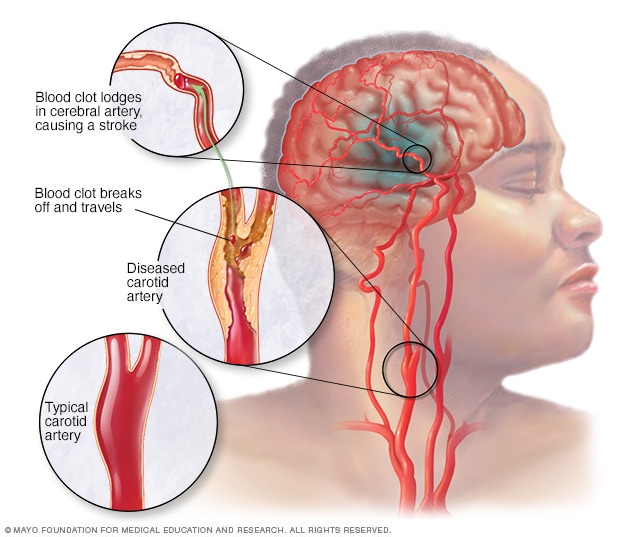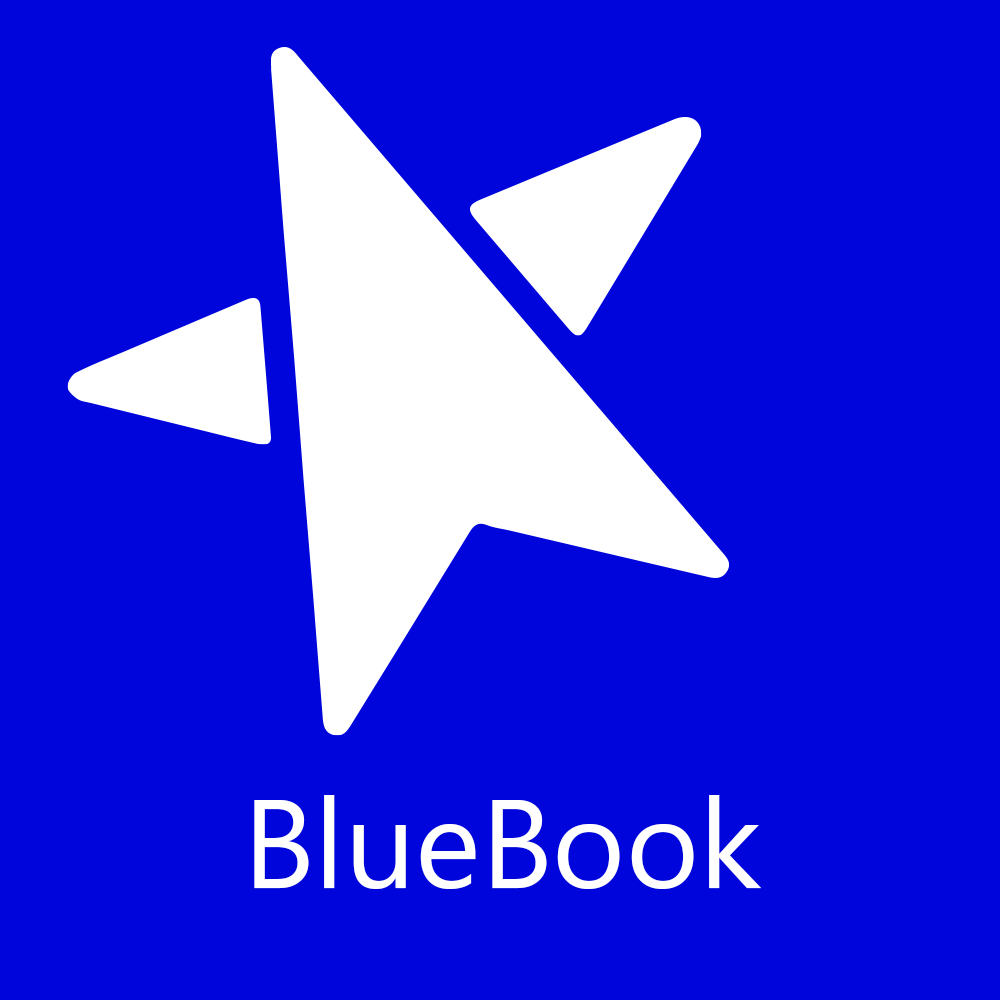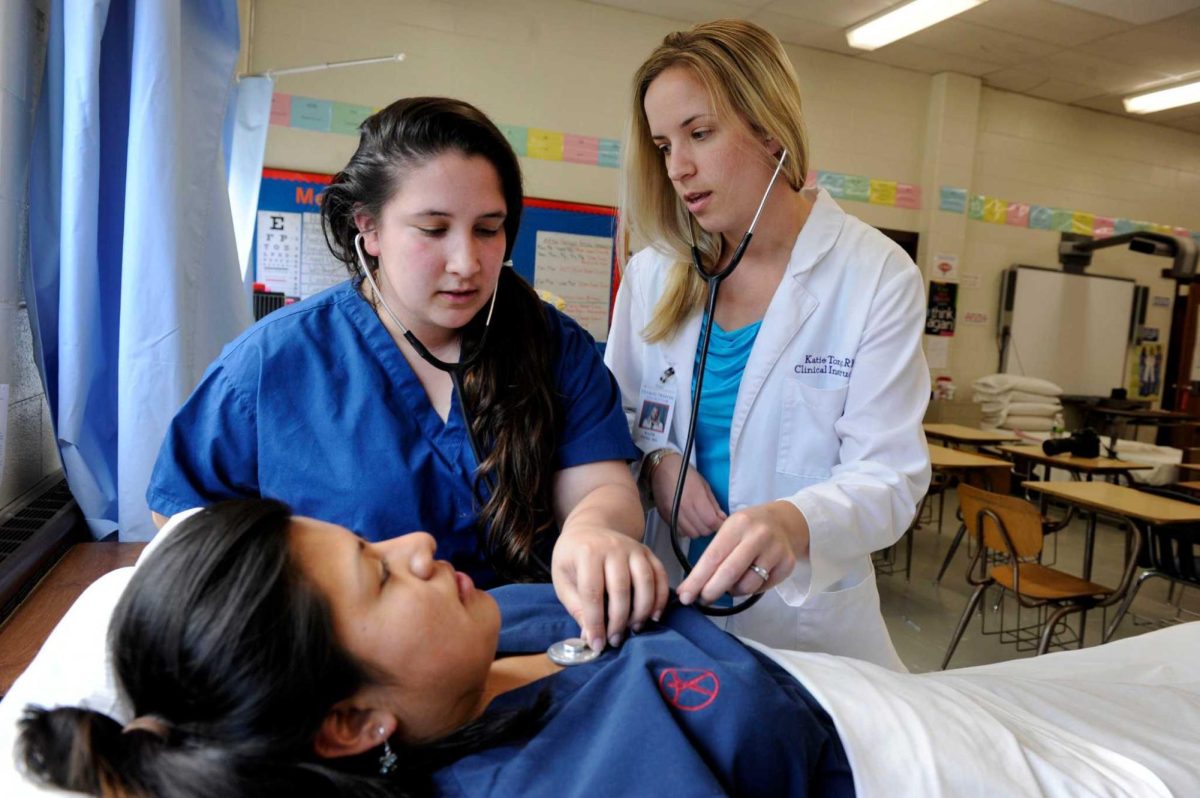AP Exams are only a little more than two months away. To avoid study stress in the few weeks prior, some critical actions should be taken.
Getting Started
AP Exams will take place May 6-10 and May 13-17, and registration for them will end on March 9. To avoid paying the late fee of $40, it is best to register early on Total Registration. The cost is $98 per exam with a one-time $15 fee. These numbers add up a lot if you plan to take multiple exams. Fortunately, there are some helpful fee waivers:
- Once a school year, a STEM exam fee can be waived (if the student reaches certain class requirements). Even though the $15 fee still exists, a lower fee is always better.
- People with reduced lunch get a waiver of $36. Confirm with counselor to see if you are eligible.
How to Prepare
AP Exams are helpful if you plan to skip prerequisite classes in college. However, in order for the results of these exams to count, colleges require minimum scores for each exam. More on this can be found in the article “Best AP Exams to Save Time and Money”. Nonetheless, the basic score to “pass” an exam is a 3, although many high-ranking colleges would prefer a score of 5. Either way, to get a passing and/or creditable score, preparation is key. The following are a few good resources:
- AP Classroom: The videos on AP Classroom are created by CollegeBoard certified teachers, so some information on the test is explicitly mentioned there. Be aware that content dense classes may have lengthy videos. In that case, it is best to watch these videos in moderate chunks throughout the duration of the entire semester.
- YouTube: Many channels are dedicated to specific subjects, for example:
- ‘Sinn’ – Human Geography and Psychology: His videos have good practice and crunch time review. If you are willing to spend the money, you can buy his study kits for extra practice.
- ‘The Organic Chemistry Tutor’ – Physics, Chemistry, Calculus, and Precalculus: Give this channel a try for any STEM oriented subjects. He tends to lean more into practice and explanation than lectures.
- ‘Heimler’s History’ – World History, Government, and US History: This teacher was an AP exam grader, so he knows what CollegeBoard wants.
- Textbooks: There are countless textbook brands that give study guides for all the AP exams. These are some of the author’s favorites:
- Princeton Review: This resource is good for classes where you need to do a lot of practice problems. However, it is not the best way to learn information from scratch. Instead, supplement it with YouTube instruction.
- Crash Course: This series is amazing for humanities-based classes. Every chapter goes over detailed explanations of each unit, as well as practice problems with explanations. It is a good idea to look at it if time is running out and there is not enough time to go through all AP Classroom and/or YouTube videos.
Conclusion
As long as registration and preparation went smoothly, the actual test(s) should not be too hard. On the day of, you will need transportation to (and possibly from) the testing site. Take your student ID, pens, and other test specific items. If a calculator is required, be sure to only take the accepted calculators that are outlined in CollegeBoard’s testing overview with you to the test (You can check online if your brand is allowed on test). Good luck to all test takers and don’t get too stressed!




















